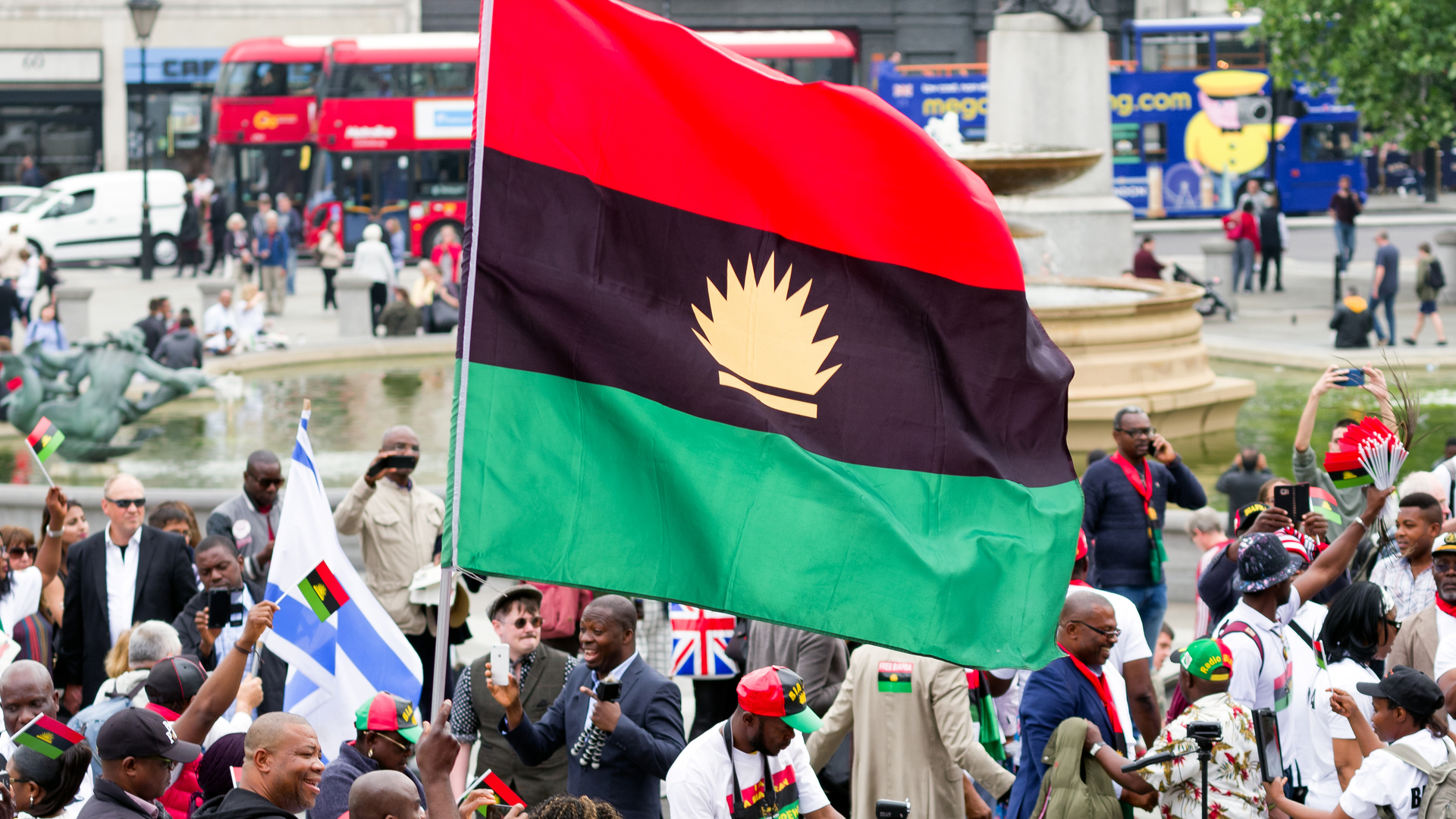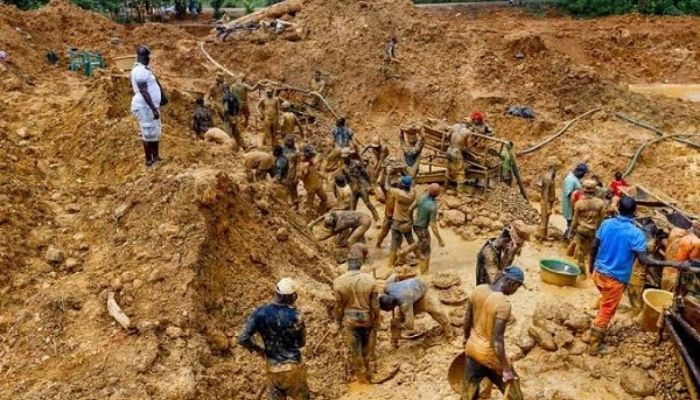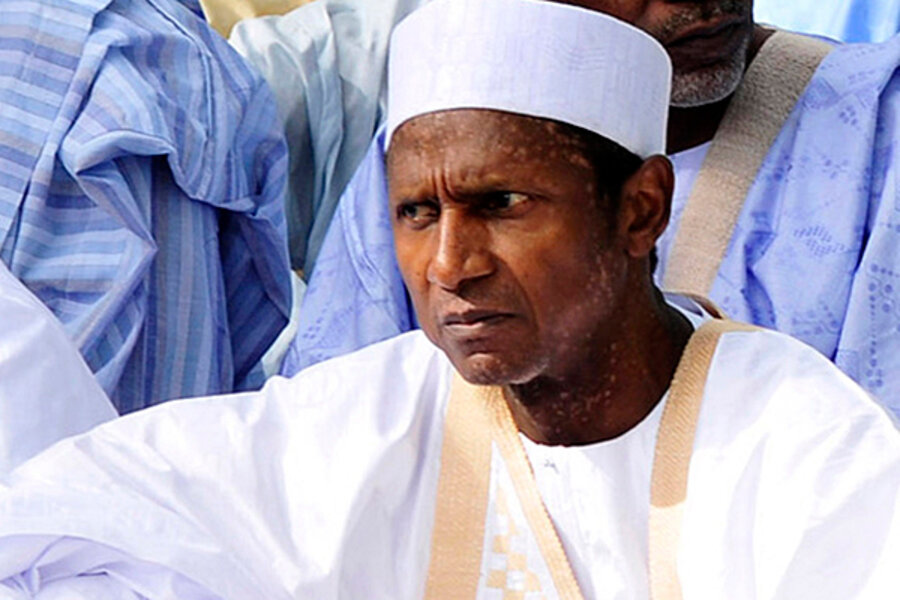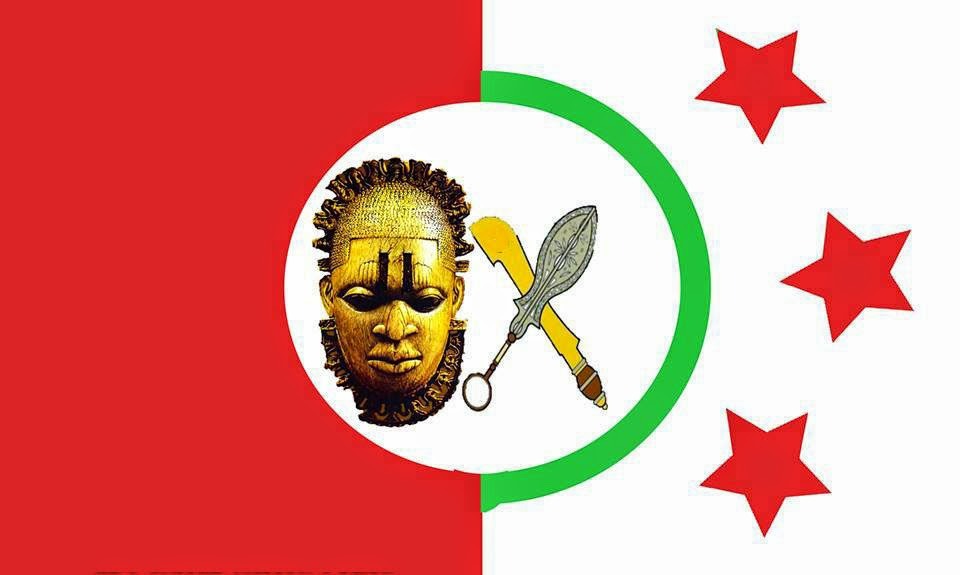culled from VANGUARD, October 28, 2005
In a recent newspaper publication, a group boldly claimed, in reference to the giant strides in Enugu State that "government's oft-touted achievements exist for the most part only on the pages of newspapers and television networks." That is politics. Bad politics! And it may sound good to the opposition in Enugu State. I have made the point to, as much as possible, stay away from the politics within the South East states, for it is essentially rooted in elite conflict and elite greed. But my people say if you encourage the woman who brought you a meal of beans, she would probably be so pleased to do more next time.
Nigeria has a peculiar problem as a developing country racked by corruption. But we cannot make much progress if we do not acknowledge our modest efforts. Neither Gov Donald Duke of Cross River nor Gov Mu'azu of Bauchi would be happy if their efforts are dismissed as non-existent. Senator Ogunlewe may say Gov Tinubu has done nothing, but we who live in Lagos may think differently. The opposition may run Obong Attah down, but those who go to Uyo know what they see. And these are not the governors that receive jumbo allocations.
The politics of the South East, in particular, suffers from the crises of confidence and selfishness among the elite and the dichotomy between the intellectual class and the partisan political class. And these are fuelled by arrogance. What are being derided as "newspaper" and "television" achievements, are the same achievements to which no less a person than President Obasanjo bore witness. Not long ago, the President narrated how some people came to tell him that nothing was happening in Enugu State and how he reminded them of the projects he saw. They are the same projects that 13 European Ambassadors toured from September 22-24. They are the same projects I saw on October 13. They are the same projects waiting for any doubting Thomas to go and see.
About four years ago, we were on a nationwide dissemination workshop under the auspices of the Sweden-based International Institute for Democracy and Electoral Assistance, I-IDEA, which took us to Enugu. If I remember, it was during the time Governor Chimaroke Nnamani lost his father. So his Deputy, Ezenwata Okechukwu Itanyi, received us. As was the practice, the I-IDEA team paid courtesy visits to selected individuals and institutions a day before the workshop. In Enugu, we visited a monsignor at a Catholic institute, the Anglican Bishop of Enugu, Dr Chukwuma and some traditional rulers. The traditional rulers, unprompted, told us of the revolutions that were going on in the rural areas of the state with the provision of roads, electricity, schools and healthcare centres. In the evening, we received a message that the governor would like to see us.
When Nomboniso Gaasa, the South African-born country manager of I-IDEA, Mrs Joy Ezeilo and myself arrived the Government House, we did not know what to expect. But I was struck that the governor had read and dog-eared the 379-page report, Democracy In Nigeria: The Continuing Dialogue(s) for Nation Building. He is about the only Nigerian government official I know that read it with keen interest. As we discussed the report, which he found quite exciting, he gave what I considered a rare insight into the concept of poverty, and it seems that insight has continued to propel his development strides in Enugu State.
The current cynosures of all eyes in Enugu, the ESUT Medical School, the ESUT permanent site with customized faculty buildings, the three-auditoria International Conference Centre overlooking Okpara Square, the Judiciary complex, the Tunnel and the Loma Linda Housing Estate are superstructures in the true sense of it in that they are the icing on a deliberate development programme that started with rural development.
Before Loma Linda, for example, there have been the Ebeano and Golf housing estates, all strategically positioned for all eyes to see. And what is unique about Enugu is that it is not just about projects but programmes and I am not surprised that the Slovak Ambassador, Isor Haidusek, captured that difference when he spoke of "the vision for the programme that you have presented to us."
What I saw, and what is going on in Akwa Ibom and Cross River, is a bold and defiant statement that the people of the East can salvage themselves and lift themselves above the general decadent and mediocre standards. And I believe that the transformation of Nigeria may begin with the efforts of one or two creative and visionary governors setting a pace others may emulate. Therefore I agree with the Ambassador of the Republic of Ireland, Liam Canniffee, who said, "And the future of Nigeria, in fact, starts here in Enugu, and your development is Nigeria's pride."
It is common with the Nigerian cynicism to read motives into accounts of modest achievements in a clime where resources are devoted to tummy tuck and other irrelevances. And so it was believed that Governor Nnamani, at the expense of the state's resources, invited the 13 EU ambassadors for a public relations stunt. That would be taking cynicism to a ridiculous end! Of course the visit was a great public relations plus for the state government. No one should deny or denigrate that. But the visit was not at the instance of the governor. The ambassadors chose Enugu. Hear Richard Gozney, the British High Commissioner: "From the UK, we have worked with His Excellency, the governor and others here through DFID. The UK happens to be the chair of the European Union for this six-month period, from July to December 2005, so we wish for the UK to work with a state government for a visit of this sort. So I suggested to my colleagues, and they readily agreed. The reason I suggested Enugu was because I knew a little bit of what it was like here because I come because of DFID's programmes, and I wanted to show them how exceptional and dynamic Enugu was.”
And for me this is significant. Some of us are acutely aware that to many Nigerians, including the authorities in Abuja and the media, the East is another country. The East is under-reported or completely ignored most of the time, except there is negative news. This was why, Chief Edwin Igbokwe and myself, at personal cost and as our own little contribution to national development, hosted the Eastern governors-elect at the Sheraton, Ikeja in 1999 before they were sworn in. We wanted to expose them to the media before security and protocol fenced them in. Gov Nnamani was one of them.
For me, therefore, the important thing about the tour of the EU Ambassadors is that it opened up the Igbo country to the outside world. As Stent Engdahl, Deputy Head of Mission of Embassy of Sweden, said: "We have also seen some fantastic parts of the cultural side of this state and I think this has given me a much better understanding of the state and this part of the country, which obviously is very useful." This is very important for investment.
I think Mr. Richard Gozney captured the essence of what is happening in Enugu when he said: "But my own impression and the one we can use to enlighten the outside world is of the dynamism, the optimism and ambition of Enugu to be different and to introduce programmes, infrastructure and other elements for the future and to make this state a driving force, a motivating force in this part of Nigeria and perhaps, for Nigeria as a whole."
As I said earlier, Enugu could be the linchpin in programmes and projects delivery in Nigeria. Are the projects white elephant projects? They are not. You can see the dynamism the EU Ambassadors saw and spoke about when you visit the construction sites. You can see it in the faces of the rural women who sell their wares at the construction sites. You can see it in the brawny physique of the Igbo construction workers. You can see it in the proud carriage of the Igbo architect and engineers. You can see it in the admiration that the Italian contractors have for the people of the state. I also saw it in the faces of the ESUT Medical Students who are very proud of their learning environment. The 16,000 Nigerian students who will occupy the four hostels at the ESUT permanent site will not probably agree that those hostels do not exist. The professors and the vice-chancellor who will occupy those mansions will think differently about the way critics see things in Enugu. The Enugu people who will occupy the 360 2-bedroom flats in 19 twin buildings at the Loma Linda estate are not likely to forget that they have roofs over their heads. And these projects are billed for commissioning in November 2005 and in March 2006.
And things are already beginning to happen as a result of what the ambassadors saw. The Slovak Ambassador pledged that, "we will like to open a consulate in Igboland." The EU Ambassadors have seen an example of Igbo dynamism in Enugu and this cannot be lost to investors. The quality of Nnamani's projects has restored pride in a people that were once known for giant strides and a feeling that all hope is not lost. Even Michael Okpara will be proud of the changing face of Enugu.












